Sanctuary Advisory Council Member List
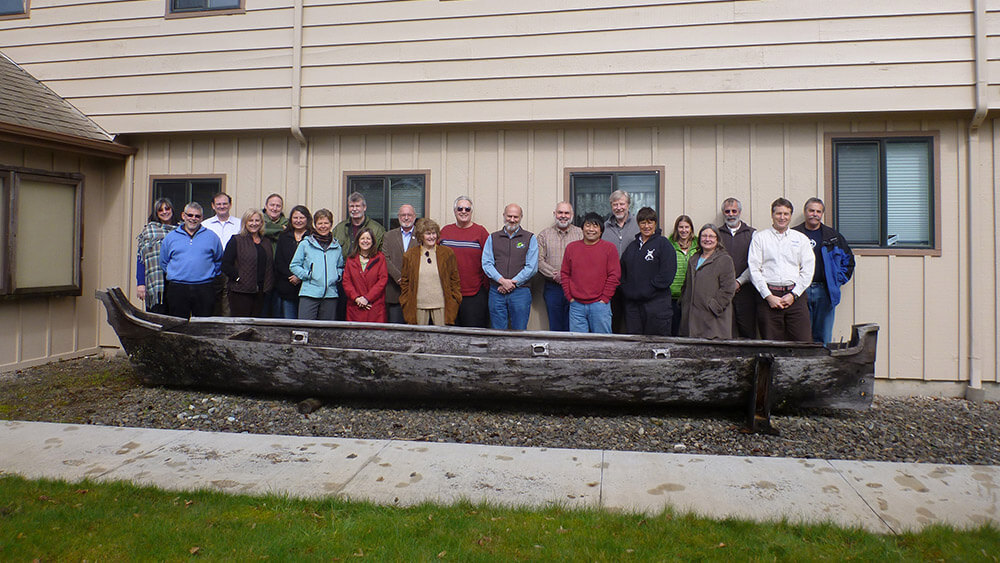
The Olympic Coast National Marine Sanctuary Advisory Council shares their collective knowledge to help chart the proper course for the sanctuary.
The Council periodically seeks new members. Open seats are listed on our recruitment page.
Sanctuary AC Coordinator
Chris Butler-Minor
E-mail: chris.butlerminor@noaa.gov
Non-Government Seats
Citizen At Large
Mike Doherty
Clallam County Commissioner's Office
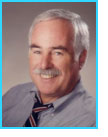
Mike Doherty was raised in Port Angeles. He served in the U. S. Navy, and attended Peninsula College, Gonzaga and Georgetown Universities, attaining political science, juvenile counseling and law degrees. He taught Business Law and American Government for over twenty years at Peninsula College. Mike served five terms as a Clallam County commissioner, representing the western-most district in the lower 48 states, bordered by the Pacific Ocean and the Salish Sea.
As a County Commissioner, Mike served on the Association of Counties' Coastal Caucus, the Washington Sea Grant Advisory Board, the Washington State Oil Spill Advisory Committee, the Vessel Traffic Risk Assessment Steering Committee, several State-wide climate change committees, and numerous other boards and committees. He has presented testimony before local governments, State Legislative committees, tribal governments, committees of the U. S. House and Senate, and the National Energy Board of Canada.
In retirement, Mike serves on the Clallam County Marine Resources Committee and the Heritage Advisory Board; Washington Sea Grant Advisory Board, and is a member of Olympic Climate Action.
Mike and his wife, Dr. Paula Doherty (retired college administrator), have three adult sons. Eóin is an environmental/economic consultant in San Francisco and South Lake Tahoe; Conn is an executive at Raytheon; and Killian is a lawyer with Environmental Law Alliance Worldwide. Five grandchildren provide good reasons to continue being involved citizens.
Alternate:
Erik Bolton
Environmental Scientist, PNG Environmental, Inc.
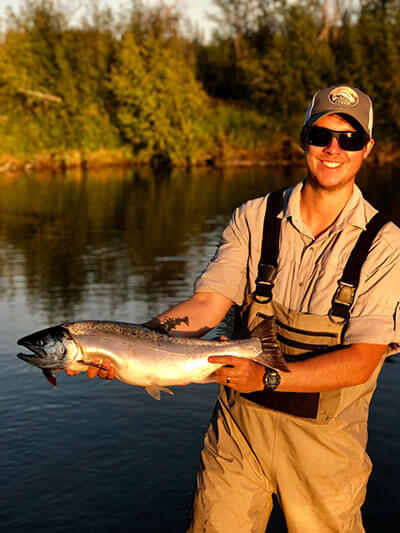
Erik Bolton is an Environmental Scientist for an environmental consulting firm in Sequim. Prior to this Erik lived in Alaska where he grew up and attended the University of Alaska, receiving his B.S. in biological science. Erik has a wide variety of work experience, all of which is related to fish and wildlife. He has worked as a Fisheries Observer working as an at-sea biologist in the Bering Sea and Gulf of Alaska. Additionally, he has worked at salmon weirs collecting data on juvenile and adult salmonids. Other work experience includes seasonal jobs with the US Fish & Wildlife Service and the National Park Service. Outside of his professional endeavors, Erik's upbringing has imprinted a deep love for the outdoors. He finds solace in fishing, hunting, and exploring the diverse landscapes and coastline of the Olympic Peninsula with his family.
Marine Resource Committees
Tami Pokorny
North Pacific Coast Marine Resource Committee
John Shaw
Grays Harbor Marine Resource Committee
Education
Dann May
Peninsula College
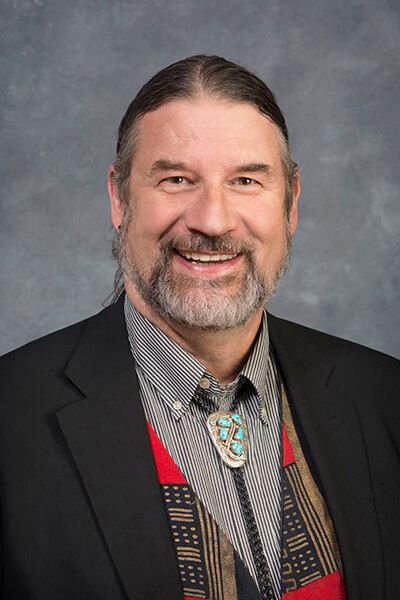
Professor May teaches courses in geology, anthropology, and philosophy at Peninsula College, Port Angeles. He also teaches courses in geology, Islam, Buddhism, and Rumi for the Community Education program at Peninsula College and for the Academy of Lifelong Learning, Western Washington University at Olympic College, Poulsbo. Dann received his B.S. and M.S. degrees in geology from the University of Washington in Seattle (1978 & 1980) and his M.A. in philosophy from the University of North Texas (1993). Before pursuing his teaching career, he worked as an exploration geologist with the Standard Oil Company in Dallas, Texas. Before moving to Port Angeles in 2015, Dann was an Adjunct Professor of religion at Oklahoma City University (OCU) where he also taught environmental ethics and geology courses. Dann received two awards for excellence in teaching while at OCU, as well as two state awards for his work and research in service-learning.
Alternate:
John Hunter
PEI Coastal Region Field STEM Coordinator

John grew up in Seaview and Long Beach and went to high school in Camas. He received a BA in Biology from Pacific Lutheran University and an MS in Biology from the University of Southern California where he worked in the “Worm Lab”. He worked as a curatorial assistant in the Invertebrate Department of Harvard's Museum of Comparative Zoology caring for one of the world's largest spider collections. After teaching science in private schools for several years he worked as a non-formal science educator in upstate New York and was a deputy director for the Gannett School of Science and Man, a life-long learning program in the Rochester Museum and Science Center. He got a teaching certificate in secondary science through Connecticut's Alternate Route to Certification II while delivering watershed education programs as a naturalist on the Schooner Quinnipiack. Returning to Washington in 2005, he taught science at Forks High School until he retired from classroom teaching in 2021.
He is a representative to the North Pacific Coast Marine Resources Committee and works part-time as the Coastal Region FieldSTEM Coordinator for Pacific Education Institute. He also is a life member of the Northwest Aquatic and Marine Educators and received NAME's Outstanding Classroom Educator of the Year in 2019. His natural habitat is outdoors, gardening or walking beaches, preferably with his grandchildren. During the monsoon season, he likes to read, cook, and fold origami.
Research
Parker MacCready
University of Washington, Applied Physics Laboratory
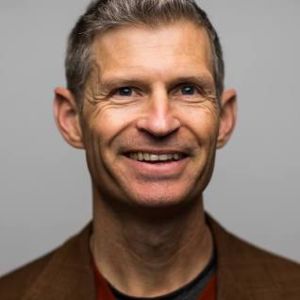
Parker MacCready works to advance fundamental understanding of estuarine and coastal physical oceanography. He works closely with biologists and chemists to link patterns of circulation and mixing to biogeochemical processes such as ocean acidification, hypoxia, and harmful algal blooms. With his colleagues in the UW Coastal Modeling Group he creates realistic numerical simulations of coastal and estuarine waters, allowing an unprecedented exploration of these complex processes, particularly in the Pacific Northwest. He is a Leo Maddox Endowed Professor, School of Oceanography. Dr MacCready is also the lead oceanographer for LiveOcean, an ongoing project of the UW Coastal Modeling Group. LiveOcean is a computer model simulating ocean water properties. It makes 3-day forecasts of currents, temperature, salinity and many biogeochemical fields including harmful algal blooms.
Alternate:
Glenn Grant
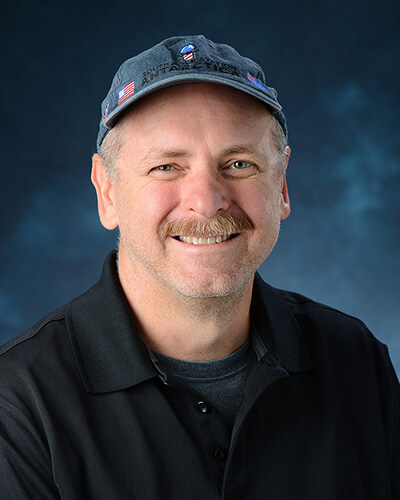
Glenn Grant grew up in the Pacific Northwest and now calls Port Townsend home. His background includes 20 years of participation in the US Antarctic Program collecting environmental data, appointment as a staff scientist for the National Snow and Ice Data Center, shipboard duty as a NOAA hydrographer, and underwater work as a commercial diver for the Atlantic Undersea Test and Evaluation Center. He has a bachelor’s in physics from Southern Oregon University and a PhD in remote sensing and polar climatology from the University of Colorado, Boulder.
Conservation
Liz Schotman
Surfrider Foundation
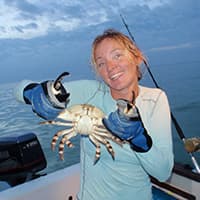
As Surfrider Foundation's Washington Regional Manager, Liz Schotman supports five volunteer-run chapters in Washington, as well as three neighboring chapters in British Columbia, in their efforts to fight plastic pollution, ensure clean waters, and protect beaches for all people.
Liz has an extensive career as an environmental professional and educator with a demonstrated commitment to coastal conservation. She earned a B.S. in Zoology and Wildlife Ecology & Conservation from the University of Florida, and her M.S. in Sustainable Development & Conservation Biology from the University of Maryland, where she studied coastal ecosystems and GIS, mapping coastal blue carbon in North America and salt marsh migration in response to sea level rise. From her work as a fisheries biologist and sea turtle rehabilitator in the Florida Keys, to her salmon and stream field research in the Pacific Northwest, she has a broad scientific background in addition to extensive experience advocating for the protection of our waterways.
Alternate: Open
Tourism/Economic Development
Steven Shively
Jefferson County Tourism Coordinating Council
Alternate:
Kevin Decker, Ph.D.
Washington SeaGrant Coastal Economist
Marine Business / Ports /Industry
Patrick Gallagher
Marine Exchange of Puget Sound
Alternate: Open
Fishing
Larry Phillips
Pacific Fisheries Policy Director, American Sportfishing Association
Alternate:
Charles Shelton
Retired
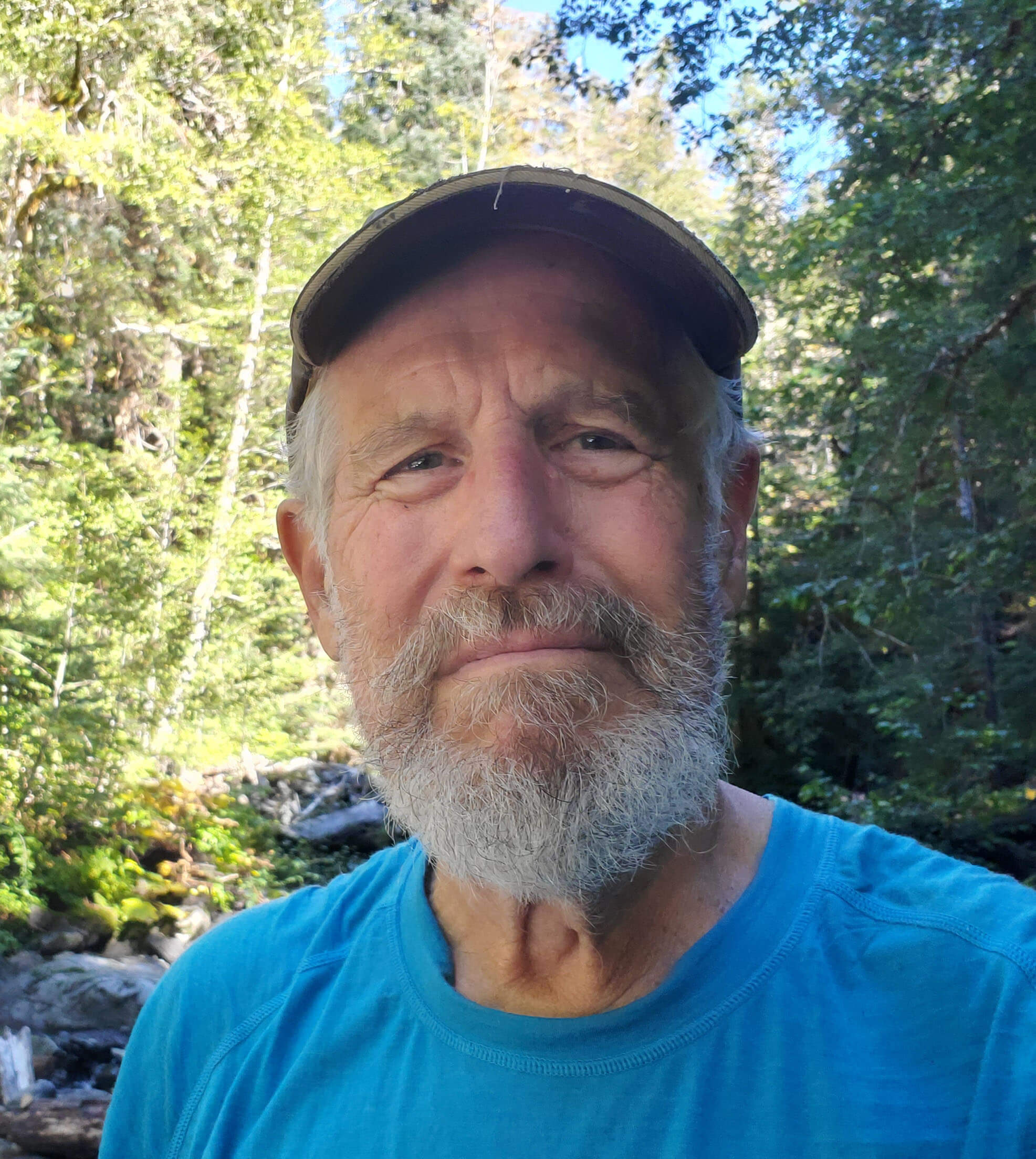
Born and schooled on the East Coast, then trained as a wildlife biologist before spending a decade as a commercial fisherman. Worked for ports for nearly 30 years on both the East and West Coasts before going back to sea as a merchant sailor for four years. Came ashore for good in 2016 to complete the Strong Heart Series of novels. Lives in Tacoma, Washington. Board member, Friends of Olympic National Park. Hiker. State Health Insurance Board SHIBA Medicare volunteer.
Government Seats
U.S. Department of Homeland Security/Coast Guard
Captain Patrick Burkett
U.S. Coast Guard District Thirteen
Alternate:
LCDR Travis McNeely
U.S. Coast Guard District Thirteen
U.S. Department of Interior - Olympic National Park
Sula Jacobs
Superintendent Olympic National Park
Alternate:
Steve Fradkin
Olympic National Park
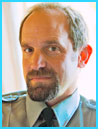
Steve has been the Coastal Ecologist at Olympic National Park since 2000. In his role with the NPS, he conducts research and long-term monitoring on intertidal resources in Olympic, as well as at San Juan Island National Historical Park and Lewis and Clark National Historical Park. Steve also serves as Olympic Park's marine resource manager, which includes management of razor clam harvest within the park. He received his doctorate from Dartmouth College in 1997 after previously earning an M.S. and B.S. from Michigan State University. Prior to coming to Olympic National Park, Steve conducted post-doctoral research on barnacle life-histories at the University of Oregon's Institute of Marine Biology (OIMB) in Coos Bay, OR, and worked briefly in the environmental consulting field in Portland, OR. Steve lives in Port Angeles with his wife and two children, where he enjoys hiking, fishing, gardening and spending time with his family out on the wonderful Olympic peninsula.
U.S. Fish and Wildlife Service
Jennifer Brown-Scott
Washington Maritime National Wildlife Refuges Complex
Jennifer Brown-Scott has worked for the US Fish and Wildlife Service since 1999. Her career has included positions at National Wildlife Refuges in the states of Connecticut, Idaho and Washington. Jennifer has been the Project Leader at Washington Maritime National Wildlife Refuge Complex since June 2013. The Refuge Complex includes Quillayute Needles, Copalis and Flattery Rocks National Wildlife Refuges off the Pacific Coast of Washington; San Juan Islands and Protection Island National Wildlife Refuges in the Strait of Juan de Fuca; and Dungeness National Wildlife Refuge in Sequim, WA.
Alternate:
Lorenz Sollmann
Washington Maritime National Wildlife Refuges Complex
National Marine Fisheries Service
Scott Hecht, Ph.D
NOAA Fisheries, Branch Chief, Washington Coast-Lower Columbia
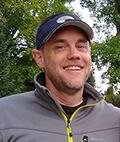
Dr. Hecht is Chief of the Washington Coast-Lower Columbia Branch of NOAA’s West Coast Region. This includes the Washington Coast from Neah Bay to the mouth of the Columbia and up the upriver to Bonneville dam. He oversees Endangered Species Act consultations with federal agencies and applicants including Port-related actions. He also is involved in ESA-listed species recovery and partnering with an array of stakeholders to conserve aquatic habitats and improve recovery of at risk species.
Alternate:
Kevin Duffy
NOAA/NMFS/Sustainable Fisheries Division
U.S. Navy
Amy Fowler
Marine Biologist at Naval Facilities Engineering Systems Command (NAVFAC) NW
Alternate:
Todd McConchie, Sr.
NEPA Planner at Naval Facilities Engineering Systems Command (NAVFAC) NW
Washington State Dept. of Ecology
Casey Dennehy
Marine Policy Associate | Shorelands and Environmental Assistance Program
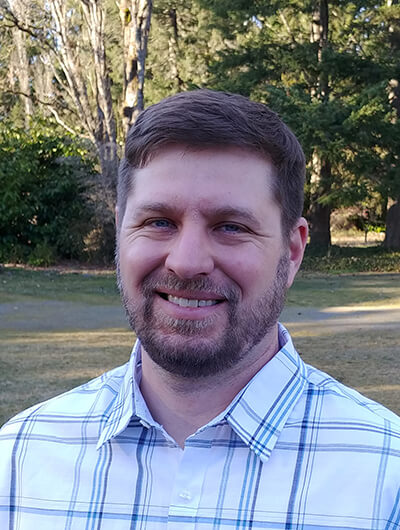
As a Marine Policy Associate for the Washington State Department of Ecology, Casey Dennehy is the agency lead on Marine Spatial Planning and is also active with the Washington Coast Marine Advisory Council, Regional Ocean Planning, the Intergovernemental Policy Council, and finfish aquaculture. A graduate of The Evergreen State College's Masters in Environmental Studies program, his previous work experience includes sampling aquatic alpine ecosystems for Mount Rainier National Park, directing invasive species management programs and leading controlled burn crews with The Nature Conservancy and Center for Natural Lands Management, and most recently, as a coastal program manager for the Surfrider Foundation, where he was involved with Marine Spatial Planning, Shoreline Master Plans, coastal Marine Resources Committees, and developed the Surfrider Leadership Academy. Casey excels at collaborating with others, including volunteers, managers, and stakeholders. He is also an avid surfer and beach enthusiast with deep connections to the communities on Washington's Pacific coast.
Alternate:
Micah Horwith, Ph.D.
Senior Scientist – Ocean Acidification | Environmental Assessment Program
Washington State Dept. of Natural Resources
Brittany Poirson
Aquatic Policy Analyst
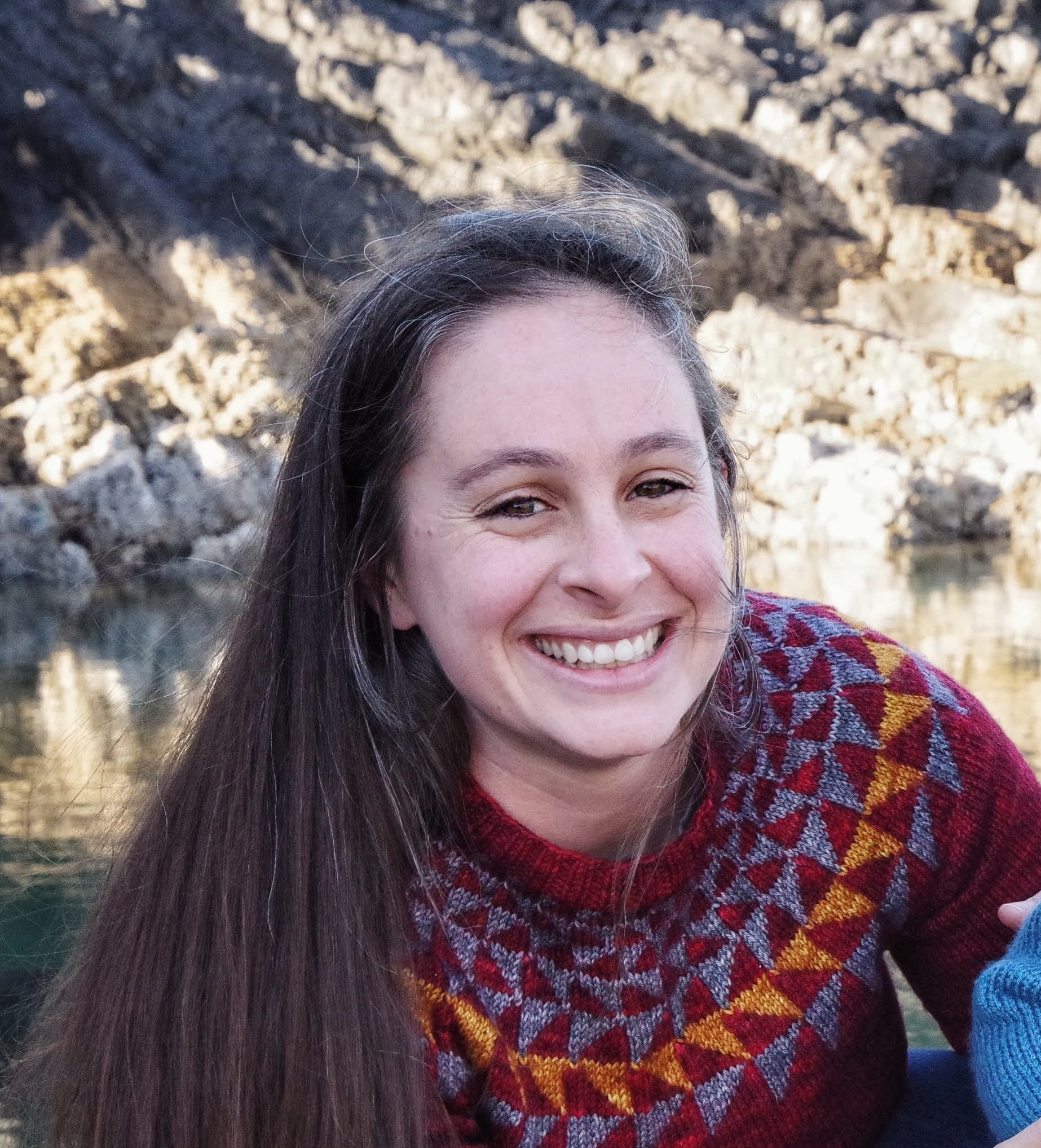
Brittany Poirson is an aquatic policy analyst at the Washington State Department of Natural Resources (DNR). Brittany addresses legislative issues, land ownership questions, and assists with policy development within the Aquatics Division of DNR. From 2015-2021, Brittany was a Senior Faculty Research Assistant for the Partnership of Interdisciplinary Studies of Coastal Oceans (PISCO) at Oregon State University, where she planned, coordinated, and executed climate change research in intertidal ecosystems along the Oregon and California coasts. She earned her M.S. at Georgia Southern University, researching the recruitment and colonization of sessile marine invertebrates within Gray's Reef National Marine Sanctuary. Brittany received her B.S. in Ecology, Evolution, and Organismal Biology at Western Washington University in 2007. Although she is a native Midwesterner, Brittany has lived in Washington state three separate times, and is happy to raise her two young children in the great Pacific Northwest.
Alternate:
Allison Cole
Aquatic Policy Analyst
Washington State Department of Fish and Wildlife
Lorna L Wargo
Senior Fisheries Biologist
Alternate:
Jessica Stocking
Fish and Wildlife Biologist
Local Government
Mark Ozias
Clallam County Commissioner, District 1
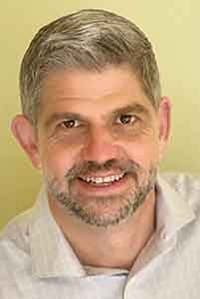
Commissioner Ozias is an experienced non-profit executive and former small business owner who has lived near Sequim since 2004. He has led and consulted for numerous organizations during his career, including serving as Director of the Sequim Food Bank immediately prior to being elected as Commissioner.
Alternates:
Heidi Eisenhour
Jefferson County Board of Commissioners
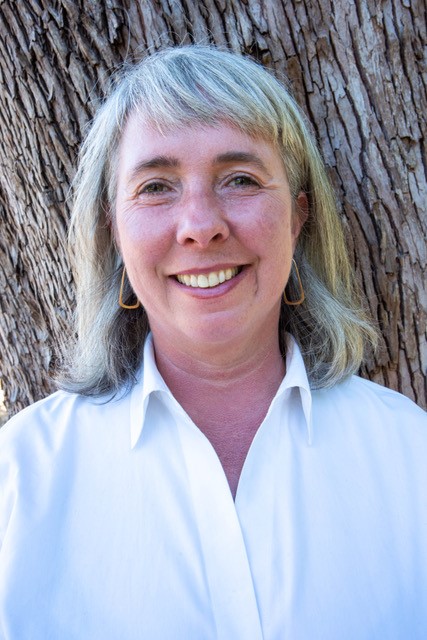
Elected in 2020, Commissioner Eisenhour is an experienced non-profit executive Elected in 2020, Commissioner Eisenhour is an experienced non-profit executive having served locally as Chief Operating Officer at the Northwest Maritime Center, most recently, and Executive Director at Jefferson Land Trust previously. A longtime advocate of land and farmland conservation Heidi believes in access to healthy food and outdoor recreation. She also has many years of experience in food system work from running The Fountain Café, which her family owned, in Port Townsend to advocating for local and regional farms. Heidi grew up in a commercial fishing family on a 50’ troller in the Port Townsend boatyard and on the Pacific Ocean. Her family has lived in Port Hadlock since 1981. Heidi attended both Chimacum and Port Townsend Schools and graduated from the Evergreen State College with a degree in Environmental Science in 1994.
Other areas of interest:
- Commercial and Recreational Fisheries
- Education
- Food and Farming
- Natural Resources
- Recycling and Solid waste
- Transportation alternatives
- Economic Development
- Marine Trades
- Land Conservation
- Recreation
- Supporting working families
Tribal Representatives
Hoh Tribe
Dave Hudson
Alternate:
Julie Ann Koehlinger, MMA
Natural Resources Director
Makah Tribe
Steve Joner
Makah Fisheries Management
Alternate:
Adrianne Akmajian
Marine Ecologist
Quileute Tribe
Jennifer Hagen
Jennifer grew up in Vermont and moved to Western Washington more than 35 years ago to complete her Bachelor of Science degree with emphasis on marine toxicology at Western Washington University and considers the Washington Coast “home”. Early in her career she worked aboard one of National Oceanic Atmospheric Administration’s (NOAA) research ships participating in a variety of oceanographic research topics from Antarctic to the Artic. Later she again sailed aboard NOAA ships as part of a NOAA scientific team conducting fishery toxicology research, such as damage assessment from the Exxon Valdez oil spill in Alaska. Her experience is inclusive of more than 25 years working with Washington Coastal Tribes in marine resource research and fishery management. She actively engages in federal, tribal, state and regional marine resource forums which address technical, policy and legal issues regarding the marine environment. She started her work with Washington Coastal Tribes in Tokeland, Washington with the Shoalwater Bay Indian Tribe as the Director of their Natural Resource Program and later as the General Manager of the tribes Oyster Company. After a brief hiatus to spend time with her son (who is much older now!), she moved to Forks, Washington in a position with the Northwest Indian Fisheries Commission as a Coastal Habitat Biologist with emphasis on topics such as the development of Intergovernmental Partnerships such as the Intergovernmental Policy Council (IPC). IPC is a unique partnership of the Coastal Treaty Tribes, Washington State, and the Office of National Marine Sanctuaries (ONMS). This is a forum for coordinating both communication and activities associated with the management of marine resources within the Olympic Coast National Marine Sanctuary (OCNMS). Currently Jennifer is the Marine Policy Advisor/Marine Biologist for the Quileute Tribe. She continues to participate in a wide variety of federal, tribal, state and local forums related to marine management (Integrated Ocean Observing System FAC, North Pacific Marine Resource Committee, Olympic Coast National Marine Sanctuary Advisory Committee, Pacific Fisheries Management Council Essential Fish Habitat Committee, and International Alliance to Combat Ocean Acidification). These forums range from technical topics such as populations assessments to developing a particular species specific resource co-management plans. In addition, she manages several research programs focused on marine resources: monitoring of forage fish (smelt) utilization of the nearshore environment, marine debris, harmful algal bloom monitoring, and marine biotoxin testing of seawater and shellfish resources. She spends many hours each year at sea conducting both small boat and large research ship monitoring activities.
Alternate:
Dwayne Pecosky
Director Quileute Natural Resources
Quinault Indian Nation
Chet Tweed
Quinault Nation
Alternate:
Joe Schumacker
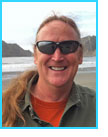
Joe Schumacker has been working with the Quinault Indian Nation on the west coast of Washington State for fourteen years. During that time he has managed many of the tribe's fisheries including salmon, groundfish and shellfish. Joe has been an active participant for the Quinault Nation at the Pacific Fisheries Management Council and has worked with all of the Washington coastal tribes on marine science issues including; benthic habitat characterization, harmful algal blooms and toxin analysis, improving fisheries assessments off the Washington coast, improving management of coastal crab fisheries and assessments of intertidal coastal habitat. Joe has represented the Quinault Nation on the Grays Harbor Marine Resources Committee (GH MRC), Olympic Coast National Marine Sanctuary Advisory Council and the Intergovernmental Policy Council (IPC) working with the Sanctuary. Joe was appointed by the Secretary of Commerce to represent U.S. Tribes on the Marine Protected Areas Federal Advisory Committee in 2009 and still holds that position.
For more information, please contact Chris.ButlerMinor@noaa.gov

